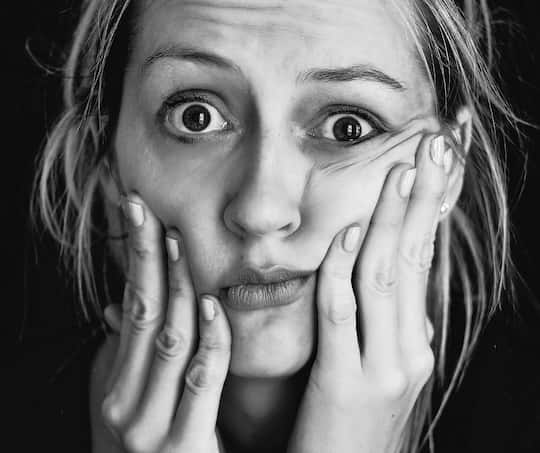Prosopagnosia or being face blind is a condition where people find it hard to recognise faces: even of those closest to them.
As a social species we rely on being able to recognise other people by looking at their faces.
This is a skill most of us take for granted.
So imagine if you couldn’t recognise the faces of people close to you: your parents, your partner, your children.
This condition is called prosopagnosia or face-blindness and about 2 percent of people are affected at some level.
Prosopagnosia and judging attractiveness
A study shows that people with face-blindness have difficulties judging other people’s attractiveness.
Eight face-blind participants (i.e. with prosopagnosia) were shown a series of anonymous male and female faces and asked to judge their attractiveness.
Their ratings were compared to a control group who were not face-blind.
The results showed that those with face-blindness only rated the more attractive slightly higher than average faces.
One of the researchers, Professor Jason Barton explains:
“While the beauty of a face might seem a more fitting topic for an artist, this work helps settle a debate by showing that areas that code the identity of a face also play a key role in the perception of beauty.”
Face blindness has a variety of causes: some people have the condition from birth, others develop it after conditions such as strokes or brain.
Is beauty a curse?
However prosopagnosia is caused, its very existence prompts some interesting thoughts.
If many more of us were face-blind and consequently had difficulty judging the attractivity of others, our culture would undergo some subtle shifts.
Here’s a few speculations I came up with:
- We would be exposed to more talented actors, singers and other performers. Let’s face it, the less attractive have a harder time getting their faces in front of our faces.
- We would feel less pressure to be attractive. Upward comparisons are bad for our self-esteem. If Brad Pitt and Angelina Jolie didn’t look so super-hot in comparison, you’d feel better about yourself.
- Plastic surgeons would go out of business.
- Less attractive people would earn more money. We tend to infer a variety of positive qualities into those who are more attractive. This is bound to affect the hiring process. In the brave new world there’d be a level playing field.
- People would be happier with their partners – upward comparisons with more attractive potential parters creates dissatisfaction. One study has found teachers who are surrounded by young fresh-faced students all day are less happy with their partners than others.
- World peace resulting from more interracial/inter-cultural marriage. Obviously I’m pushing it but perhaps one of the barriers to world peace is simply that we don’t like to partner up with people who don’t conform to our particular cultural stereotype of attractivity. Take that away and BOOM! we all intermarry and so…world peace!
Strangely, only positive effects came to mind off the top of my head.
Hence beauty might not be a curse for an individual, but it might well be a curse for our society.
I’m sure you can come up with many more both positive and negative…
The study was published in the Journal of Vision (Waite et al., 2007)

